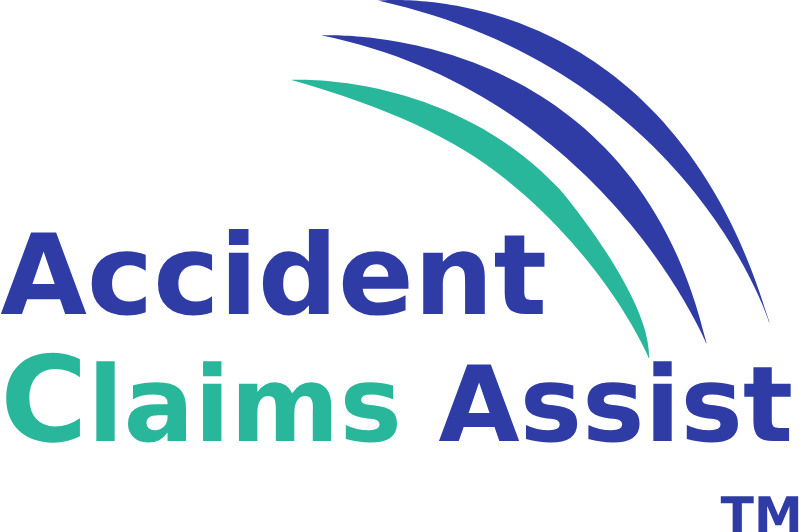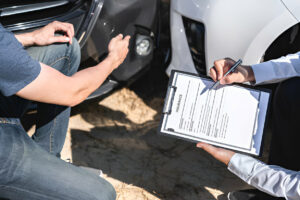A common question in such cases is whether you can obtain a replacement car when the other driver’s insurers do not admit liability. This uncertainty can add stress to an already complex situation. In this article, we will explore the factors determining entitlement to a replacement car, the role of the insurance provider, and the steps you can take to secure mobility even when liability is undecided.
Understanding Liability in Road Traffic Accidents
Liability refers to a driver’s responsibility for damage caused to another vehicle. In the context of a road traffic accident, evaluating liability involves determining who was at fault. When an accident occurs, insurers from both sides will investigate the circumstances to decide who bears responsibility. If the other driver’s insurers do not admit liability, it can create obstacles in claims processing and the provision of replacement cars.
Importance of Liability Determination
The establishment of liability has significant implications for the parties involved in a collision. Suppose you are the victim of an accident caused by another vehicle. In that case, you can generally claim against the at-fault driver’s insurance to cover damages to your car and potentially secure a replacement vehicle while your vehicle is being repaired. However, if the other party disputes liability, claims can be delayed.
If liability is not admitted, the following may occur:
- Delayed Claims Handling: Your insurance provider may require additional investigation time before processing your claim for vehicle damages or hiring cars.
- Increased Costs: You may need to cover repair and rental vehicle costs upfront, especially if your insurance does not immediately cover these expenses.
- Legal Action: If the at-fault party’s insurer denies your claim, you may need legal action to recover vehicle damages.
Replacement Vehicle Coverage
When determining whether you can get a replacement vehicle without liability admission, it is essential to check your insurance policy. Most comprehensive car insurance policies include rental reimbursement or courtesy car coverage, which can vary depending on policy terms.
Key Considerations:
- Insurance Coverage Limits: Check your policy to determine whether you are entitled to a courtesy car while your vehicle is being repaired, even if liability is disputed.
- Excess Insurance: If your policy does not include rental reimbursement but provides comprehensive coverage, you may still claim expenses, though it may not fully cover the replacement vehicle costs.
- Paying Out of Pocket: If you lack courtesy car coverage, you may need to fund a rental vehicle and seek reimbursement once liability is established.
Steps to Follow When Liability Is Not Admitted
If you are in a situation where liability is not admitted and need a replacement vehicle, consider the following:
.Contact Your Insurer: Inform your insurance company about the accident immediately. Discuss your coverage options and inquire about replacement vehicle arrangements.
.Document Evidence: Keep records of the accident, including photos, police reports, witness statements, CCTV footage, and correspondence with insurers. This evidence can support your claim.
.Seek Rental Discounts: If you need to hire a car, compare rental providers online to find the best rates.
.Consider Alternative Transport: Explore public transport, rideshare services, or borrowing a vehicle from a family member while awaiting claim resolution.
.Use a Credit Hire Company: If your car is undergoing repairs, a credit hire company can provide a replacement vehicle and recover costs from the at-fault driver’s insurer.
.Seek Legal Advice: If liability disputes persist and you face financial hardship, consult a legal professional specializing in car accident claims.
Can You Get a Replacement Vehicle if Liability Is Not Admitted?
If you are not at fault for the accident but liability is not admitted, you may still obtain a replacement vehicle through a credit hire company. This company provides an alternative vehicle while your car is being repaired and then claims the hire costs from the at-fault driver’s insurance, even if liability is disputed.
Role of an Arbitrator
In some cases, hiring a mediator can facilitate communication between insurance companies, helping to resolve liability disputes more efficiently. Your insurer may also negotiate with the other driver’s insurer to expedite claim processing, particularly if liability is expected to be assigned to them.
Conclusion
Navigating the aftermath of a road traffic accident where liability is not admitted can be challenging. However, several options exist for obtaining a replacement vehicle or alternative transportation. Key steps include reviewing your insurance coverage, documenting evidence, and communicating effectively with your insurer. If necessary, seeking legal advice can protect your interests and help you understand your rights. Ultimately, understanding liability in road accidents is crucial, as it impacts transportation needs and the broader claims and recovery process.






